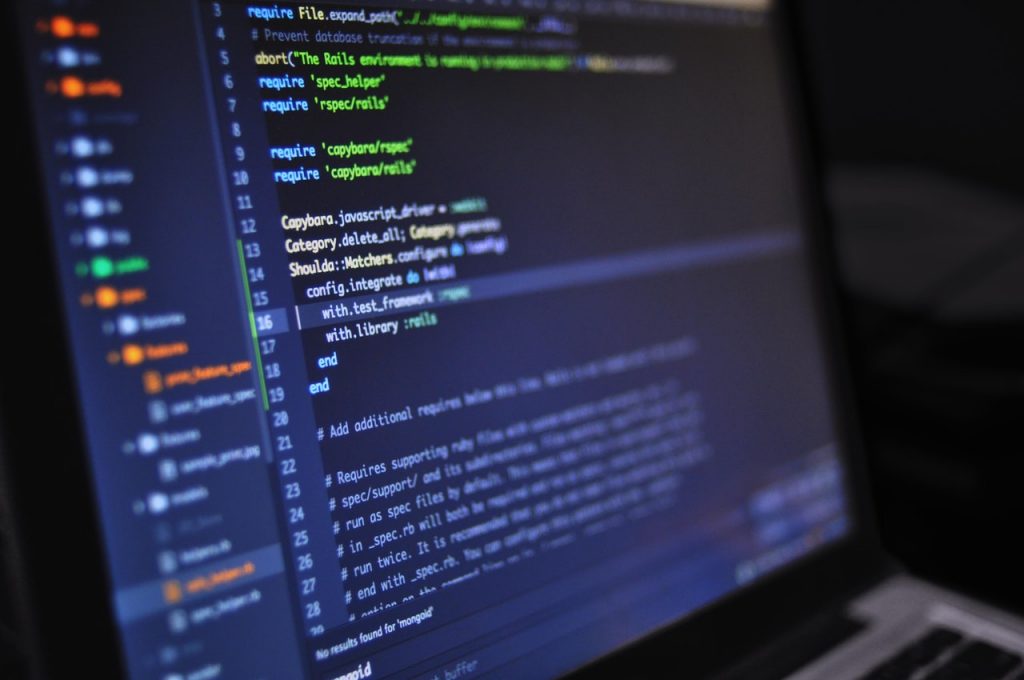“Hey, Alexa! Set an alarm for 7 A.M.”
Or
“Hey, Siri! Play Africa by Toto on Spotify.”
While we fight over, which is better-Alexa or Siri, Artificial Intelligence (AI) has conquered us all. All of us encounter AI on a daily basis. From Google maps to Sophia, the first robot to get citizenship, we see AI and its subsets everywhere. In this light, it is fair to assume that this on-set of an AI era has had an obvious impact on the technological industry. Before we get into that, let us understand the basics of AI.
What is AI?
Believe it or not, AI breathed first in 1956, but it took decades for it to take its first steps. The most common type of AI is Machine Learning (ML). As the name suggests, ML is a method where machines process large amounts of data to “learn” over a period of time. Digging deeper, we reach Deep Learning which is dependent on neural networks to work in a reasoning environment. Although AI finds basic human tasks difficult to accomplish, it has already started aiming for the big guns.
What are the fields of technology which AI has impacted?
Cybersecurity– In the hustle of our day-to-day lives, we receive several cyber threats and spam which go unnoticed. To tackle this constant threat, AI is fed data through thousands of research papers to predict these dangers and find appropriate solutions.
Pharmaceuticals– Research is an integral part of pharmaceuticals and enterprise search software like Resolute AI lets these life-science companies search aggregated scientific, regulatory, and business databases simultaneously. AI enabled interactive analytics and visualizations help researchers to make valuable connections that can lead to breakthrough discoveries.
Customer Support– At some point in time, we all have contacted the customer service of Amazon only to be reverted by a chatbot. The introduction of AI into customer service has proved to be a boon. These chatbots are quick to reply and sufficient for solving the basic issues. With every passing chat, they learn and adapt more. They learn our purchase patterns to provide the best user experience. To know further, visit the official page of Omdömes Stalle that highlights the companies with the best customer service.
Financial Sector– Several banks have started implementing AI to send personalised alerts to their customers regarding renewals and schemes. The AI software reads our records and bank statements to formulate a pattern. In fact, in some banks, if you cross a branch and you have a mortgage pending, you will receive an alert on your mobile phone. The best example of AI’s application in the financial sector is MasterCard’s Facebook Messenger Bot that informs you of your bank balance and expenditure patterns.
Internet of Things– IoT itself is a comparatively new technology. The central idea revolves around sensors that detect behaviours and patterns to help the users. IoT devices can be controlled with the help of IoT Sim Cards, that in turn can be connected to cloud platform. These devices are equipped with AI that analyse the sensor’s output and derive from previous records. If the output is not sufficient, it can be altered, and the updates will be sent across the entire network.
What is the future of AI?
With Sophia getting citizenship, the world stirred into a question of whether AI is harmful to the humankind. However, researchers have claimed that AI is just developed to help humans. Further, this technology can be implemented in medical sciences and other industries as well. They believe that it will not only ease intricate tasks for us but also develop more efficient methods. In a nutshell, the scales of growth seem to tip towards us.
